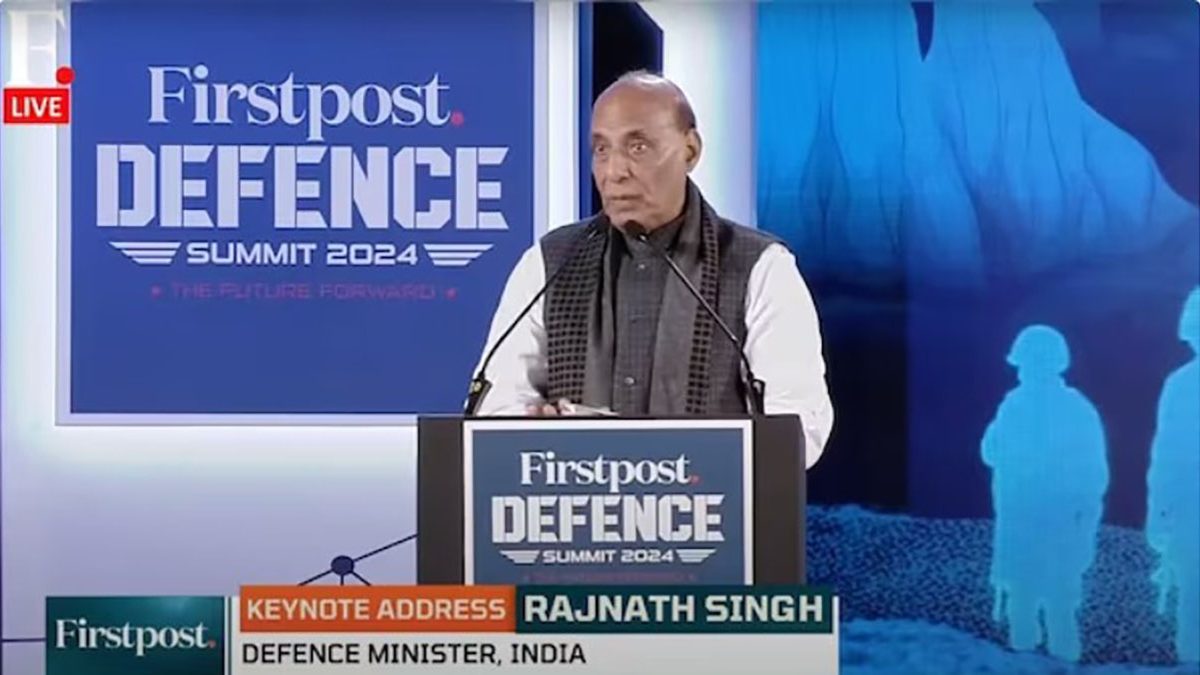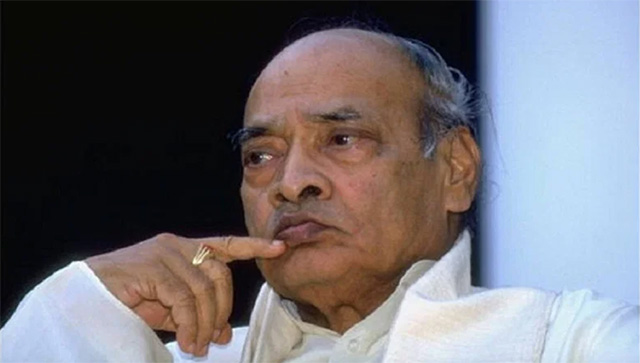In a nutshell, the news from the horse’s mouth is this: he is neither tired nor retired; his government is going to complete full term; the elections will take place on schedule; and the most pressing reforms will still be pushed by the UPA government though “coalitions face issues”. Manmohan Singh, who is on course to enter 10th consecutive year as prime minister, is most vocal whenever he is returning home from a foreign trip and addressing a customary on-board press conference on Air India One. That’s because he is hardly accessible at home for a full-fledged interaction with the media. And whenever he is available to the media, it is for a few seconds, giving “bytes” to the ever-hungry electronic media in the aftermath of a traditional obligation like general budget, rail budget, Independence Day or the like.
That’s why his on-board press conferences during his flight back home from a foreign trip are important occasions to get to know what this most economical prime minister in terms of words spoken has to say on pressing issues facing the nation, domestically as well as internationally. The Thursday late evening was no different as he spoke to the accompanying media on all issues, a transcript of which was put up by the Ministry of External Affairs (but surprisingly not by the Prime Minister’s Office till late Thursday night). This writer himself has attended several on-board press conferences of the Indian prime ministers (at least three of them!) and can personally vouch for the importance of these events. The prime minister was asked all kinds of questions relating to domestic politics, economy and foreign policy – the last dominated by questions on China, confirming that China has replaced Pakistan as Indian media’s single most important obsession. However, the questions on domestic politics and the prime minister’s cautious answers dominated the entire event. Have a look. Asked whether in the event of the DMK becoming the latest ally to desert the UPA ship the big ‘M’ had become more vulnerable to the two M’s, Mulayam and Mayawati and how he felt about the tangible fear of Mulayam withdrawing his party’s outside support to his government, Manmohan Singh was at his best in giving Delphi’s Oracles kind of response. This is how he responded to the question: “Obviously coalitions face issues. Sometimes, they give the impression that these arrangements are not very stable arrangements and I cannot deny that those possibilities exist. But I am confident that our government will complete full five years, that the election to the next Lok Sabha will take place on schedule.” Unconvinced? Then read on. This question was followed by a more pragmatic question: whether his government still had the guts and the gall to sustain reforms he had started a year back? The drift of the question was quite clear. He was being asked whether big ticket reforms like Food Security Bill, Insurance Bill and land acquisition-related legislations would see the light of the day when his government has become a lame duck after the withdrawal of support from allies, first by Trinamool Congress last year and the DMK earlier this month. Manmohan Singh was more elaborative (sometimes elaboration become necessary for self-defence!) this time. Sample his reply: “It is not a once for all set-up that we are seeking by way of reforms. Reforms certainly have to take into account the fact that we don’t have the majority to get the Parliament to approve some of our reform proposals. So we are certainly dependent on the goodwill of our allies and I would be the last one to deny that there are uncertainties. But even then, we are confident that the reforms that matter, and which are going to yield results in the next few months, we will be able to push them.” He obviously and understandably did not share the view of another questioner that his leadership had lost the ability to hold the allies together given the fact that ally after ally were leaving the ruling UPA. This is how he responded to this question: “I don’t share that view. I think that as I said, alliances do have compulsions which have to be taken into account. We will not allow these compulsions to derail the reform process or to create a situation where the essential task of governing this vast country of ours can be put aside.” Then came the mother of all questions, the most uncomfortable query whether he would accept third consecutive prime ministerial nomination in the next general elections if the Congress president Sonia Gandhi and the Congress party were to come up with such an express request to him. The answer was a trademark Manmohan Singh response: “These are all hypothetical questions. We will cross that bridge, when we reach there.” On foreign policy, when asked whether Mamata Banerjee, who supported the UPA government’s stand of voting against Sri Lanka at the UNHRC in a US-backed resolution, would support his government on issues like the Teesta waters issue with Bangladesh in future, Manmohan Singh’s reply was guarded. “I certainly hope that all right thinking parties and individuals will support the foreign policy initiatives of our government,” he remarked. All other questions—on China, on BRICS, on economy, on foreign policy—went into background. Unsurprisingly, there was no question on Pakistan, which confirms that Pakistan no longer bothers the Indian people at large and the Indian media in particular as much as China does. The prime minister’s accompanying media’s curiosity about domestic politics is not unjustifiable. After all, here is a lame-duck prime minister who has one foot on banana peel. After all, foreign policy questions become relevant only when the government is strong enough back home. Time will tell whether it is so or not.
The writer is a Firstpost columnist who can be reached at bhootnath004@yahoo.com.
)
)
)
)
)